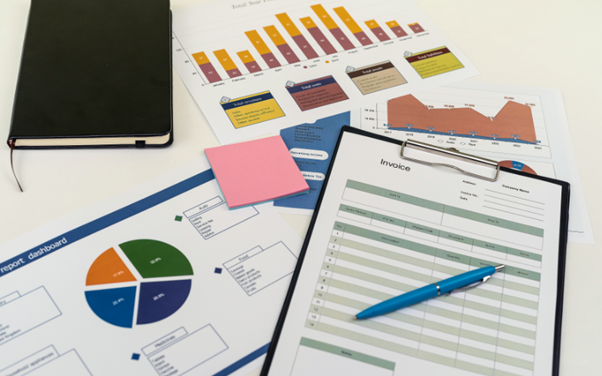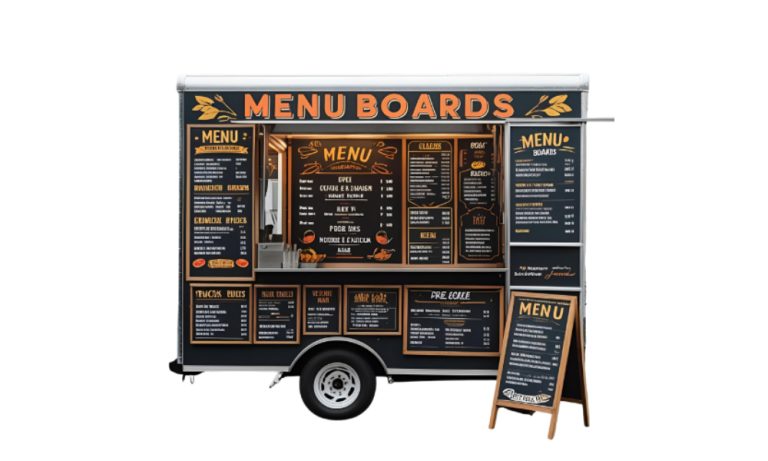Believe it or not, more than 95 percent of households in the United States have accounts with banks or credit unions. Those accounts make keeping track of finances much easier and allows people to accept money or make purchases without relying on cash alone.
While opening a bank account is one of the best things you can do for your financial management strategy, you need to make sure you’re working with the right bank in the first place.
There are a few common bank issues you’ll want to avoid when choosing a bank or credit union. Here’s what you need to know.
- Hidden Fees on Your Accounts
Many banks charge you service fees for every account you open. Unfortunately, many of those financial institutions fail to tell you what those fees are before you sign up.
This can leave you dealing with an unexpected and expensive surprise on your bank statement every month.
Before you agree to open an account with any bank, ask about the fees they’ll charge on different accounts. Don’t hesitate to be specific and ask if there are any hidden service fees you can expect.
If there are, make sure you’re comfortable with those fees. If you’re not, take your business elsewhere.
- Poor Customer Service
You rely on your bank to manage your finances. This means you need their staff to be responsive when you bring any bank account problems to their attention.
When you’re looking for a bank, pay attention to the way the staff at your preferred location treats you. Their bankers and tellers should be friendly and take the time to make sure you understand your options. If they do, you can expect the quality of the customer service to stay high over the years.
If you experience any issues, don’t expect their customer service to change. It likely won’t. Instead, open an account at a different bank.
- Unclear Corporate-Driven Policies
Large, national chains may seem more convenient than smaller banks. After all, there are more locations and more resources that you have access to.
Unfortunately, those national chains often have unclear policies dictated by their corporate offices. Those policies can impact how many transactions you’re able to make or how you can go about closing an account if you decide to move.
Look for banks that disclose their corporate policies clearly or avoid them entirely by choosing a local credit union. A credit union is an alternative to a bank and has policies set by the people that use the credit union, not corporate executives.
- Inconvenient Locations
Though you can do most of your banking online, there will be times that you need to go into a branch and speak with a teller. This means you need to choose a bank that has convenient locations.
Choosing one that only has one branch far away from your home or workplace means you won’t be able to use it easily. Instead, look for banks with locations that work for you.
- Outdated Online Banking Options
The best banks allow you to access your account information, make transfers, and even deposit checks without having to go into a branch. Unfortunately, one of the most common bank problems customers have is an outdated online interface.
You want to be able to manage your finances easily. Banks that aren’t committed to improving their online interface aren’t committed to customer service. Worse, they’re not interested in keeping up with changing technology.
Take the time to find out what types of online banking each institution offers before you open an account. If your current bank isn’t keeping up, you’ll want to move to a new institution.
- Minimum Balance Requirements
One of the most common bank issues is the dreaded minimum balance requirement. This requirement stipulates that you must maintain a set dollar amount in your account at all times. If it drops below that amount, the bank will charge you a fee.
Reputable banks will disclose those requirements or waive them entirely when you sign up. Make sure to read the fine print of your account agreement before making a deposit. This way, you’ll be able to avoid those unexpected requirements and can take your business to a new bank if needed.
- Transaction Limits
Believe it or not, some banks limit the number of transactions you can make on a given account. This makes it hard to access your funds when you need to.
Transaction limits are legal. Like minimum balance requirements, you agree to them when you open an account.
Review any limits associated with each account you’re thinking of opening. If you’re not comfortable with the limits, you’ll need to look at a different bank. However, if the bank offers minimal limits or doesn’t limit your transactions at all, they’re worth working with.
- High ATM Fees
The easiest way to access your money when you need it is to visit an ATM. Those withdrawals aren’t usually free. You have to pay a service fee to access your money at all.
Different banks assess different fees for ATM withdrawals. Some charge you a flat rate no matter what ATM you’re using. Others waive the fee across the board.
High ATM fees aren’t a sign that the bank is bad, but it does mean you’ll have to pay a premium anytime you take out cash. Make sure you’re comfortable with the fees each bank charges before you open an account.
Avoid These Bank Issues at All Costs
These are just a few of the most common bank issues you’ll want to avoid when finding a financial institution that you can trust. Do your research and get information from several banks and credit unions in your area.
This will allow you to review your options and find a bank that works for your budget and your needs.
Remember, it’s okay to take your time and shop around with banks and credit unions in your town. The more you do, the easier it will be to make the right decision for your financial future.
Looking for more tips and tricks to help you take control of your finances and increase your wealth? Check out our latest posts.















